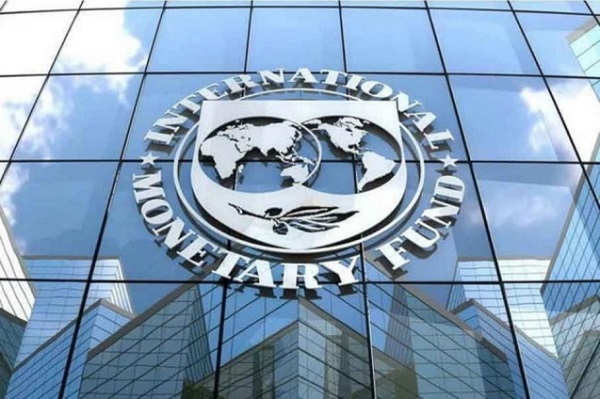Kwame Mfodwo analyses and comments on the IMF conditionalities by category and type.
Failure to meet these conditionalities will lead to the IMF halting payments of money promised to Ghana whether Ghana is under an NPP or NDC government.
Conditionalities by analytical type are as follows:
1. Internal government machinery, financial management and revenue tracking improvements:
These rational control measures have been long promised and some are over a decade old but there is enormous resistance to their straightforward implementation as they block all sorts of theft loopholes at least in theory.
2. Reducing the power of cocobod and if possible getting rid of it altogether!
This one is hard to achieve given the centrality of cocobod as a way of organising patronage but also running the cocoa sector - removing cocobod would cause national chaos;
Cocobod external borrowings are a key part of the debt and also the same for debt denominated in cedis - controlling cocobod is essential to meeting the various 2028 targets in the programme;
Reducing cocobod influence will be hard in the run up to an election.
3. Reorganising state owned enterprise stuff though both IMF and NPP are too scared to openly mention privatisation as that implies loss of jobs!
Cocobod reorganisation also implies loss of jobs;
Anything to do with loss of jobs is going to be hard to do as systematically and consistently as is needed to meet the 2028 targets;
The next government is going to have real problems meeting the loss of jobs conditionalities.
4. Reorganising a range of money guzzling government initiatives;
But in theory important for votes including the so called flagship initiatives.
5. Anti corruption initiatives put loosely under the term governance!
Going to be very hard to do for a wide range of reasons.
6. Completing the restructuring of debt payment schedules with both externals and internals.
There will be a second DDEP, I suspect;
And nothing has been agreed with any of the externals whether private lenders or government lenders;
So this is a huge area of very little progress in terms of what is publicly visible;
However who knows what is happening behind the scenes!
7. Social protection or helping the very poor:
The situation here is very confused as the list of NDC era leap beneficiaries is different from the NPP era leap beneficiaries;
In reality, the number of people suffering is very huge - the IMF and World Bank approach is to go for the supposed poorest on the assumption that they can be accurately identified and assisted with targeted support;
What can be of help here is the various types of mobilisations that get people doing things from which they get a little something - how targeted social protection has been done in Ghana requires a whole analysis given also the bias towards urban areas;
There will be major failures here but the IMF will ignore it as this is not central to the programme;
Giving hand outs to people and lowering their electricity payment costs is not mobilisation but people will say it is helping the poor and therefore this is good enough.
Those people who don't like the fact that community mobilisations lead to the system of patronage getting disrupted;
And can lead to political organisation outcomes independent of systems of patronage.
The social protection model of the IMF and world bank is a system of targeted handouts and is therefore deeply linked to patronage;
That is why the NDC era leap list is different from the NPP era leap list.
The concept of leap comes from the Bolsa Familia concept implemented by Lula and his party in Brazil but that was a different approach and the World Bank and IMF have changed it into a system of patronage.
Last item is explaining the programme to the people of Ghana.
The NPP is not trusted by a lot of people so this part of the programme is pointless!
And now to austerities in a general sense like job losses and increases in electricity tariffs etc.
These have not been specifically identified in the programme but they will take place as part of the general requirement to reduce guvernment expenditure and the overall contraction of the private sector caused by the ongoing DDEP.
Finally, given the very broad brush nature of the conditionalities we can now understand the real significance of placing a team of IMF and Western countries supervising officials to supervise and monitor programe implementation and performance against the conditionalities - a lot more is going to happen which is not set out precisely in the conditionalities but will be worked out an a day to day basis by the external supervisors and the Ministry of Finance.





